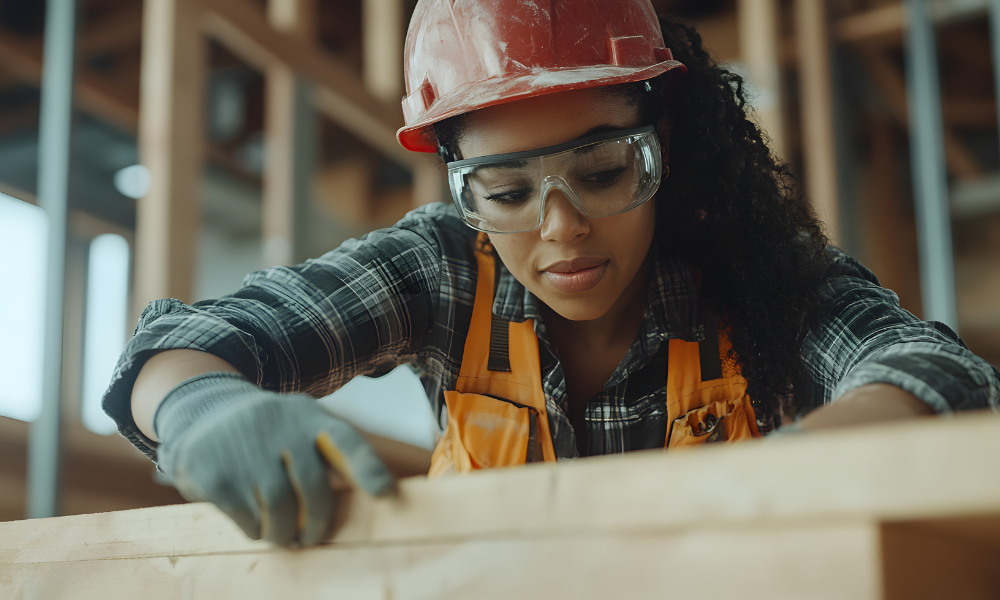
Women make up less than 8% of all apprentices in male-dominated trades

A new apprentice mentoring program has been launched by the Federal Government in a bid to increase the rate of female apprentices by 50% by 2028.
The Big Sister Advanced Mentoring Program aims to reduce the non-completion rates of women apprentices and increase the number of women training in the clean energy and construction sectors in South Australia and Western Australia.
The project, a partnership with the Electrical Trades Union, will include a pre-apprenticeship program with industry-based female mentors and a focus on reducing isolation and exclusion of women working in trades.
Employment and Workplace Relations Minister Amanda Rishworth said the program is part of the Federal Government's efforts to close the gender gap.
"This program is a great example of our commitment to addressing these barriers and providing women in these fields with the tools and mentorship they need in their apprenticeship journey," Rishworth said in a statement.
Women make up less than 8% of all apprentices in male-dominated trades, according to the Federal Government and female participation in the energy workforce and energy-related apprenticeships is one of the lowest across all sectors.
The program is part of the Building Women's Careers (BWC) initiative.
Skills and Training Minister Andrew Giles said improving women's participation in the workforce is fundamental to addressing the skills shortages in Australia.
"Through initiatives in our BWC Program we are working to ensure these barriers are being addressed to introduce pathways into traditionally male-dominated industries," Giles said in a statement.
Australia has been making strides when it comes to women's workforce participation. The latest ABS Labour Force statistics showed that female employment went up by 65,000, including 42,000 full-time jobs, according to an analysis from the Australian Council of Trade Unions.
"More women are in secure work than ever before, and that's making a real difference to the lives of households and the Australian economy," said ACTU President Michele O'Neil in a statement.
However, she noted that women are still more likely to be in insecure and undervalued work.
"So there is still more important work to do to build on this progress and close gender gaps in employment and wages," sshe added.